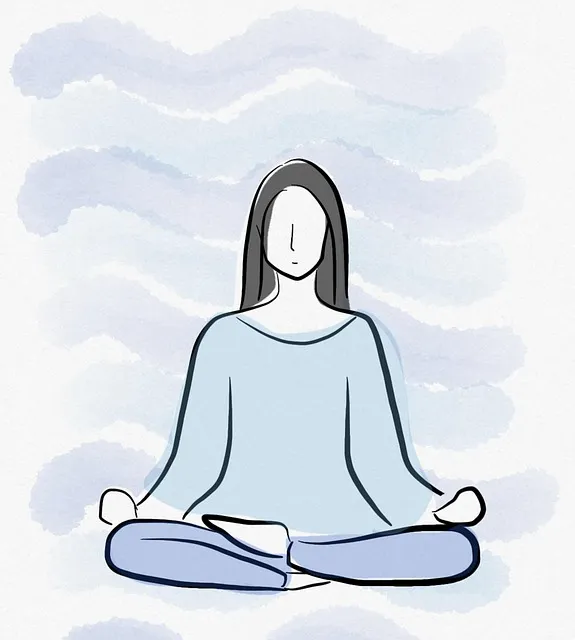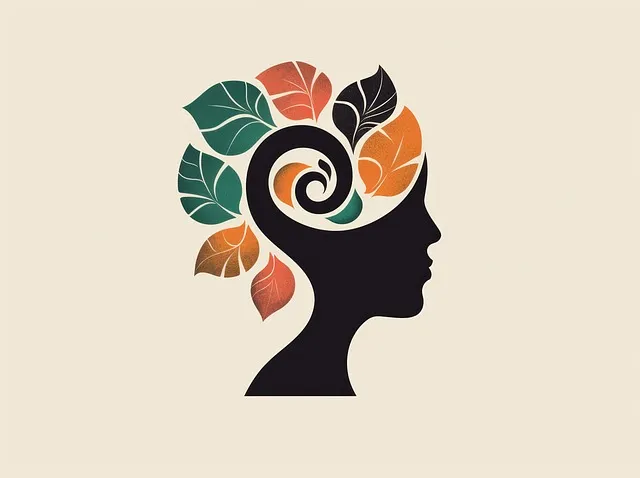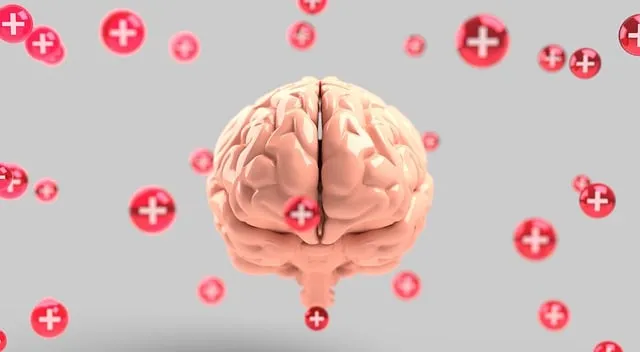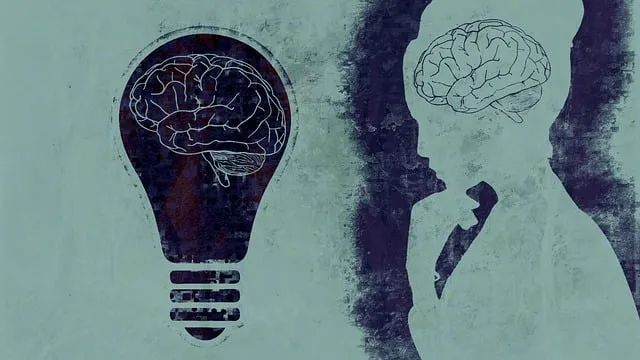The Kaiser Permanente Mental Health Access Center Lone Tree offers comprehensive care for mood disorders, combining evidence-based therapies like CBT with lifestyle interventions. By addressing biological and psychological factors, they empower patients with tools to manage symptoms, promote emotional healing, and achieve lasting well-being through tailored support and education.
Mood disorders can significantly impact daily life, but there are effective strategies to regulate and manage them. This article explores insights from the Kaiser Permanente Mental Health Access Center Lone Tree, focusing on understanding mood triggers and providing practical solutions. We delve into Cognitive Behavioral Therapy (CBT), a proven approach for mood regulation, and highlight lifestyle interventions such as diet, exercise, and sleep habits that can foster emotional balance. By combining these evidence-based methods, individuals can take control of their mental well-being.
- Understanding Mood Disorders and Their Triggers at Kaiser Permanente Mental Health Access Center Lone Tree
- Cognitive Behavioral Therapy: A Powerful Tool for Mood Regulation
- Lifestyle Interventions: Diet, Exercise, and Sleep for Emotional Balance
Understanding Mood Disorders and Their Triggers at Kaiser Permanente Mental Health Access Center Lone Tree

At the Kaiser Permanente Mental Health Access Center Lone Tree, understanding mood disorders and their triggers is a cornerstone of our comprehensive care approach. Our experts recognize that mental health conditions like depression, anxiety, and bipolar disorder are not simply emotional fluctuations but complex biological and psychological states influenced by various factors. These can include genetic predisposition, brain chemistry imbalances, hormonal changes, traumatic life events, stress, and environmental influences.
Through a combination of therapeutic interventions, the center offers evidence-based practices tailored to individual needs. Mental health education programs designed to empower patients with knowledge about their conditions play a crucial role in self-management. Communication strategies are also integral, fostering open dialogues that facilitate emotional healing processes. By addressing triggers and implementing coping mechanisms, the Kaiser Permanente Mental Health Access Center Lone Tree aims to support individuals in navigating their mood disorders effectively and achieving lasting well-being.
Cognitive Behavioral Therapy: A Powerful Tool for Mood Regulation

Cognitive Behavioral Therapy (CBT) has emerged as a powerful tool within the realm of mood regulation strategies. Offered by centers like the Kaiser Permanente Mental Health Access Center in Lone Tree, CBT focuses on identifying and changing negative thought patterns and behaviors that contribute to emotional dysregulation. This evidence-based approach aims to empower individuals to take control of their mental health by understanding the connection between thoughts, feelings, and actions.
By addressing underlying issues and fostering healthier coping mechanisms, CBT can be transformative for those navigating mood disorders or trauma. It includes techniques such as social skills training, which helps in building supportive relationships, a crucial aspect of emotional regulation. The Kaiser Permanente center’s expertise in CBT ensures individuals receive tailored support to manage their symptoms effectively and improve overall well-being.
Lifestyle Interventions: Diet, Exercise, and Sleep for Emotional Balance

Lifestyle interventions play a pivotal role in mood regulation and emotional balance. At the Kaiser Permanente Mental Health Access Center Lone Tree, experts emphasize the interconnectedness of diet, exercise, and sleep as foundational components for overall well-being. A balanced diet, rich in nutrients essential for brain health, can significantly impact mood stability. Incorporating regular physical activity not only enhances cardiovascular health but also releases endorphins that promote positive emotions and reduce stress.
Additionally, prioritizing quality sleep is crucial. Adequate rest allows the body to rejuvenate and consolidate memories, including emotional experiences. The Stress Management Workshops Organization offers valuable resources for individuals seeking to improve self-awareness exercises and emotional well-being promotion techniques. By integrating these lifestyle practices, individuals can effectively navigate challenges and maintain a more stable mood throughout their daily lives.
Mood disorders can significantly impact daily life, but with the right strategies, managing and regulating emotions is achievable. The Kaiser Permanente Mental Health Access Center Lone Tree offers valuable insights into understanding these conditions and their triggers. Cognitive Behavioral Therapy (CBT) has proven to be an effective tool in empowering individuals to take control of their mental well-being. Additionally, lifestyle interventions such as dietary adjustments, regular exercise, and improved sleep habits play a crucial role in mood regulation, creating a holistic approach to emotional balance. By combining these evidence-based methods, folks can navigate their emotional journeys with greater ease and resilience.






